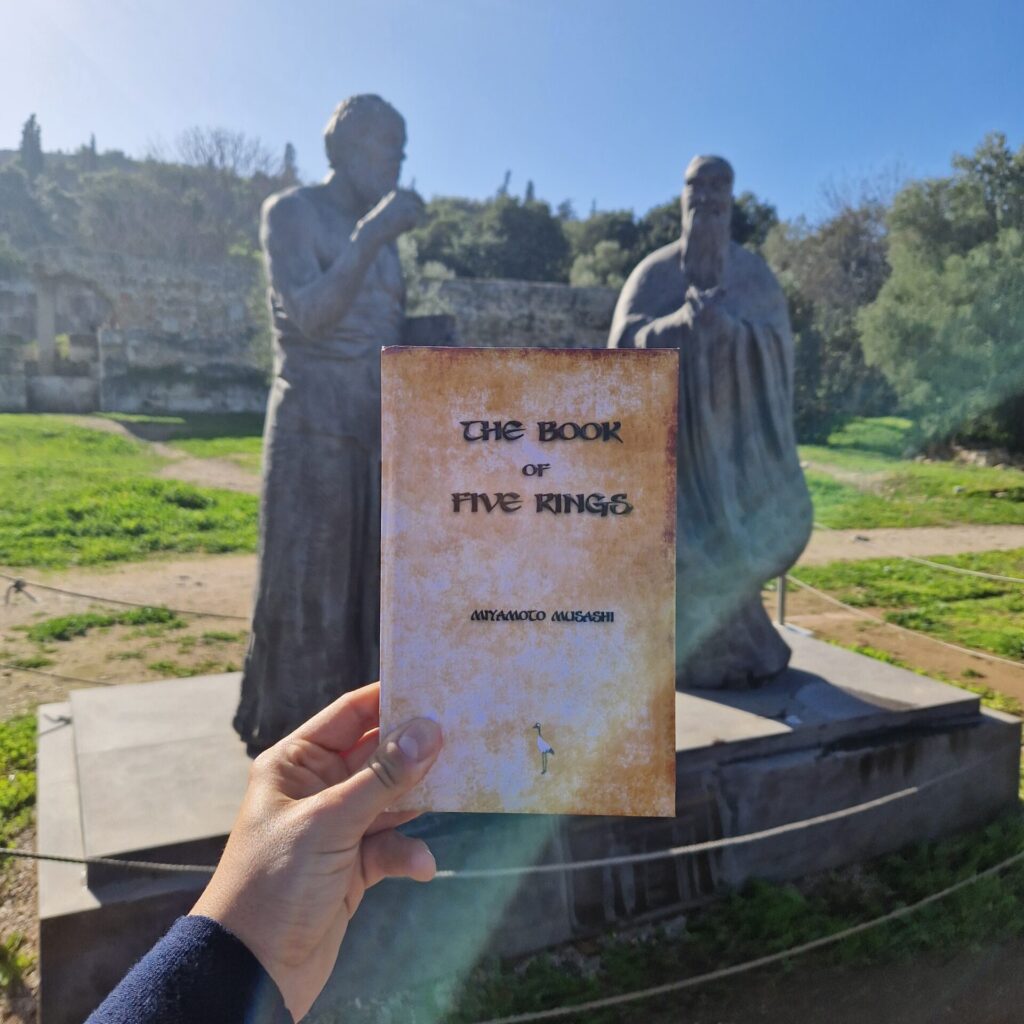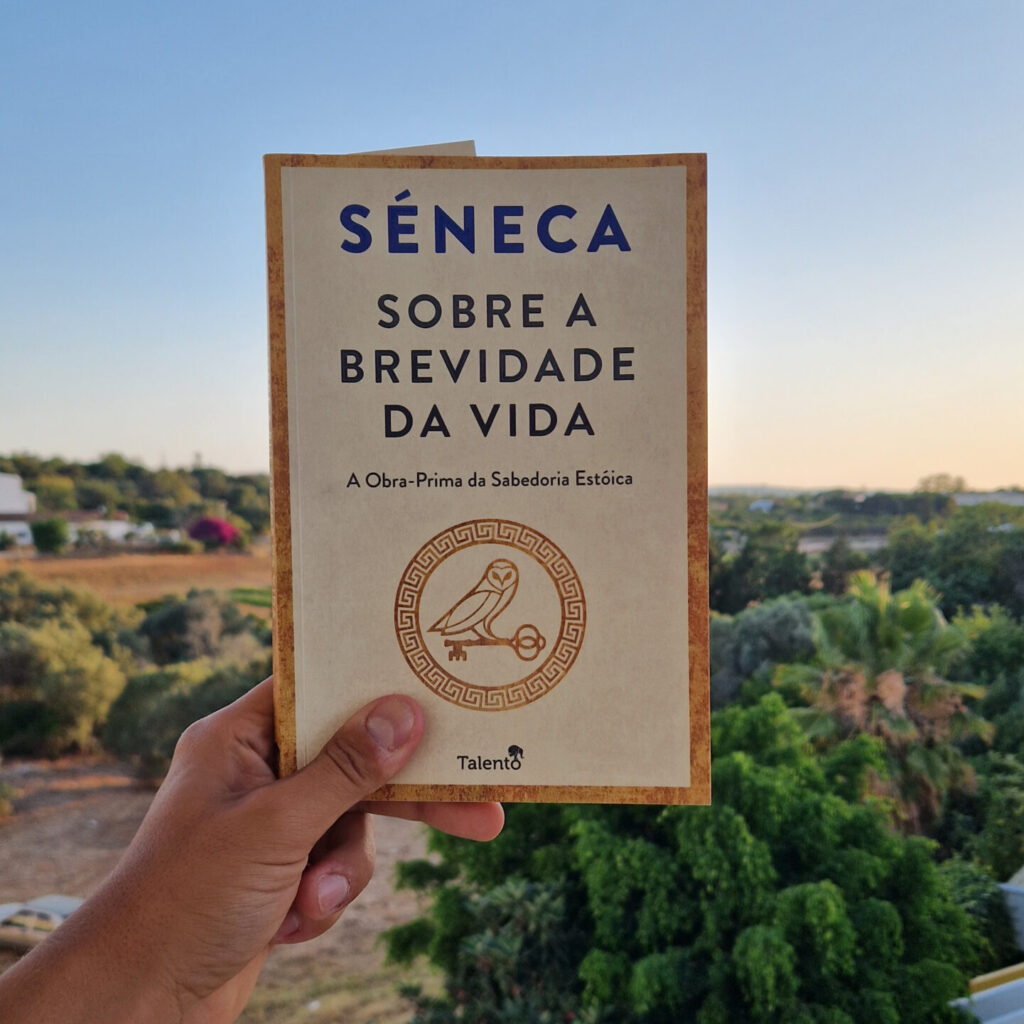Musashi is capable of changing lives with his thinking. The uncertainty of the outcome dissipates in the face of a man’s spirit who aimed to kill with every strike. There were no detours, nor did he want them. Through fluid concepts, flexibility in front of the opponent, and a light yet firm compactness at the right moments, he was able to be decisive through his spirit. Fights ended even before they began; that’s the focus of this book.
It exposes the lightness he felt and valued in writing, ideas difficult to ever comprehend in this way, and that’s why we are confronted numerous times by passages where he asks us to “pay close attention to this matter,” or to “practice tirelessly what I mentioned.” Because “The Book of Five Rings” is not necessarily a book with complex philosophy and words, but rather a book of tireless practices, attempts to explore gestures and actions that were as natural to Musashi as swimming is to a fish.
How often do we get lost doing something devoid of meaning and purpose in our lives? How often do we not believe that what we do will be relevant in the future? How often do we try with the perspective of merely continuing to exist?
If you do, do it with certainty, with faith, but with your spirit contained within the lines of your body and with the necessary flexibility to improve and adapt to the reality where you find yourself, taking full advantage of what you are and what surrounds you.
Know what you don’t know, make emptiness your home, and see what cannot be seen by the partial eye. Study others; sometimes you will find in them the answer you seek. Learn what gain and loss mean in a common aspect. Train and don’t waste time with useless subjects; it’s your job.
The path of strategy is a lifelong journey. And Musashi’s book chooses to teach according to the person who reads it.
This one, despite being the first, will not have a grade.



